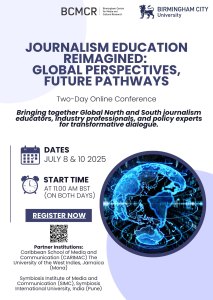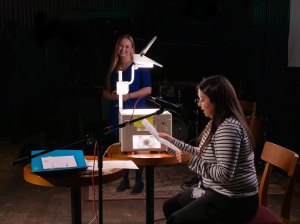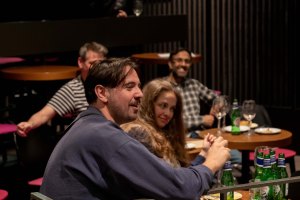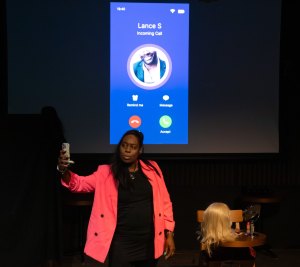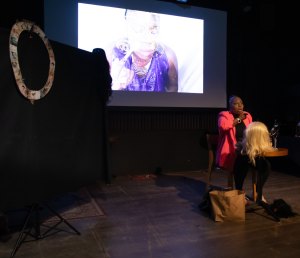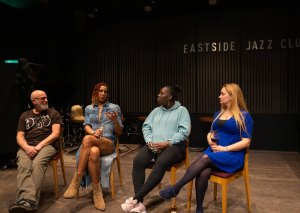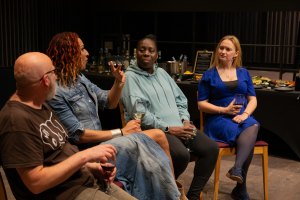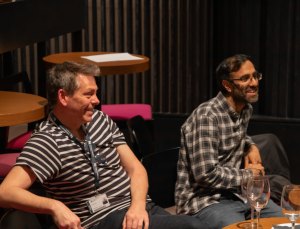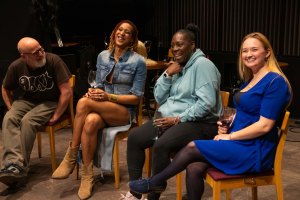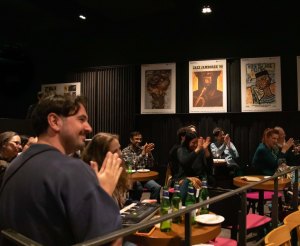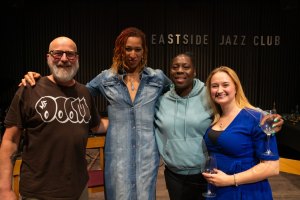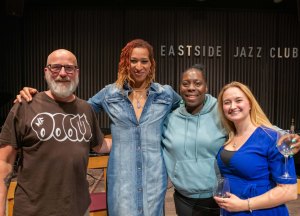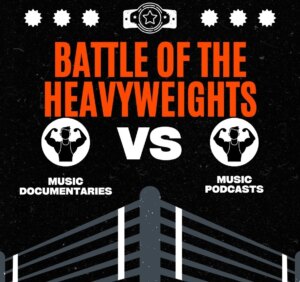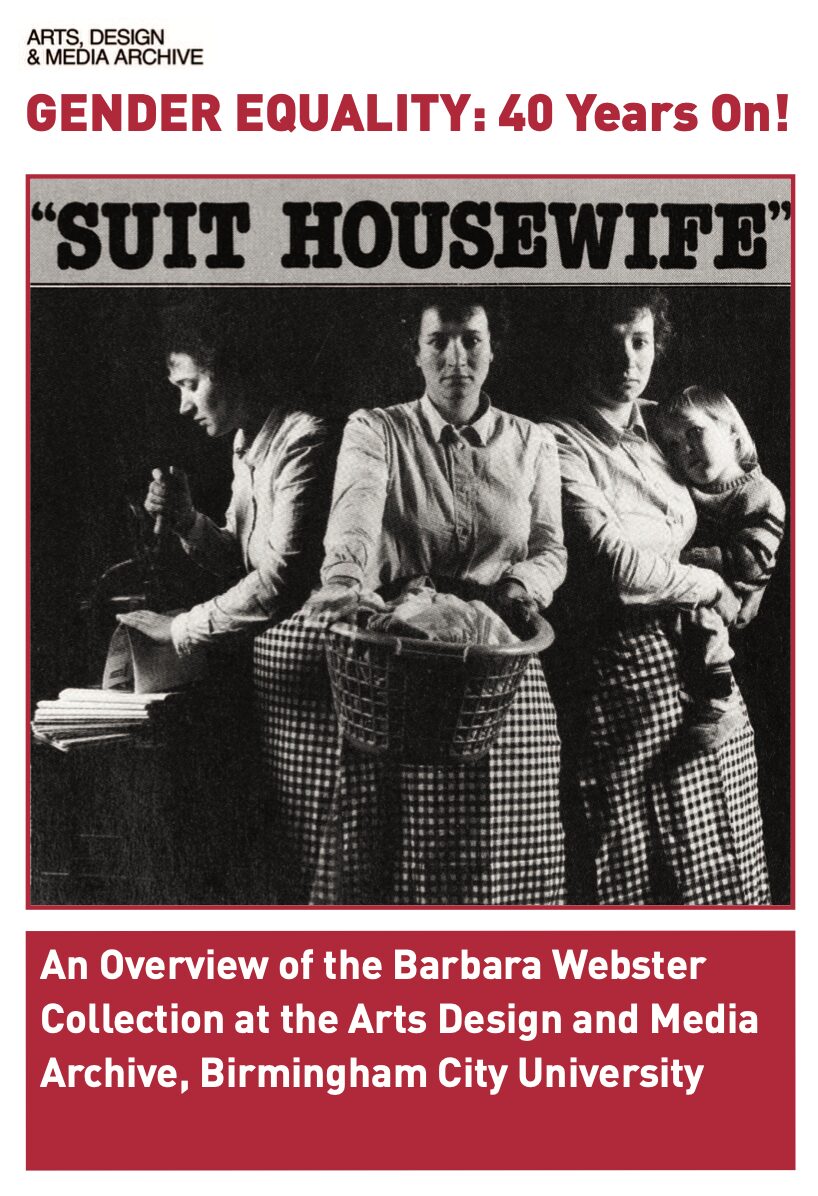arch
British DiGRA 2025 – conference announcement and call for papers
I’m excited to announce that our Game Cultures research cluster will host the annual British Digital Games Research Association (BDiGRA) conference, from 20-21 May 2025. Under the title ‘What is British Games Research?’, we’re inviting scholars from across the country to contribute to a discussion about what kinds of games research we do in the UK and, by sharing their work, to help build up a picture of our research field. Hopefully, this will inform the future direction of BDiGRA as an organisation, given its role in representing everyone who works on games research in, and around, the UK.
Our local chairs are Poppy Wilde and Nick Webber, and this event builds on our two successful games conferences in 2024 – History of Games, and Video Game Cultures. The call for papers follows below – why not take a look?
Submission link: https://bcmcr.org/bdigra25. Please write everything in the form, with no attachments.
—
What is “British Games Research”?
British DiGRA annual conference, 2025
Host: Game Cultures research cluster, Birmingham Centre for Media and Cultural Research
Venue: Parkside Building, Birmingham City University (and online)
Date: 20-21 May 2025
Conference duration: 2 days, 09:30-17:30
Closing date for abstracts: 24 January 2025, 23:59 (anywhere in the world)
What follows will be familiar to you. British scholars have been consistent participants in the field of games research since its inception. There is an established tradition of game making across the nation; indeed, game development is the most widely dispersed of the UK’s creative industries beyond London. Our universities were early adopters of games into the curriculum, and we host a long-running national chapter of DiGRA – British DiGRA – that holds a remit to promote, support and develop British (digital) games research.
But hang on <record scratch> what is that? What, exactly, is British games research?
As researchers, we often gesture towards distinct national or regional games research cultures, to some extent characterised by publication in specific journals (with, for example, Game Studies having strong associations with Scandinavian game research traditions, Games and Culture a North American flavour, and GAME an alignment with Italian game studies). Researchers in Britain lack a similar venue, so how can we and do we imagine what “British games research” is? What are we about, intellectually?
Researchers have pointed to the importance of understanding games as both global (Kerr 2017) and local (Swalwell 2021), and recent years have seen increasing scholarly interest in both national and regional traditions in connection with games (e.g. Navarro-Remesal and Pérez-Latorre 2021; Švelch 2022). This has been parallelled by growing attention to the idea of regional/local games studies as well (e.g. Liboriussen and Martin 2016) but this has not yet extended to work on British game studies specifically.
If literature has addressed the idea of what a British game could be (e.g. Wade 2016; Webber 2020), we still don’t know – perhaps have not even thought about – what British games research is. This year, the British DiGRA conference seeks to answer that question. We will use this conference as an opportunity to map and take stock of current games research taking place in Britain, and/or in relation to Britishness.
The conference takes place in Birmingham, the heartland of British cultural studies, hosted by a research centre indebted to that distinctive intellectual tradition, characterised by attention to representation, ideology, identities, and the tension between the global and the local. Inspired by this critical approach, we ask: what is distinguishable, and even distinctive, about British games research? How can we talk about British games research in a way that embraces the diversity of culture in Britain? How do constructions of Britishness relate to ideas of Europeanness and to the constituent countries of the UK? As we negotiate these questions, we want to hear what your work is about, and what it does to shape this emerging space of scholarship.
Submissions:
Submissions might engage with the following themes, from the perspective of research happening in Britain, or in British contexts:
- Inclusive and decolonial approaches to defining British game studies
- Cities and the (hyper)local in British game studies
- Government policy in/and British games research
- Game cultures and communities: a view from Britain
- The theoretical underpinning of British game studies
- Game design traditions and futures in Britain
- Global influences on British games and games research
- Game development and creative industries discourse
- Historicising games research: key contributions and approaches from Britain
- Future directions for British games research
- British game technologies and their impact
- Games and AI in/and the UK
- Applied games in British contexts
- British art and British games
- The rural and British games (including landscape and folk horror)
- British narrative and hypertext
- Digital cultural heritage in British contexts
- Serious games and immersive experiences in British contexts
Submissions should be made to one of two tracks:
Track 1: Defining the field: abstracts of 200 words for 5-minute lightning talks about your research, helping us to build a picture of games research taking place in, or otherwise connected with, Britain.
Track 2: Traditional conference papers: abstracts of 500 words for 20-minute paper presentations, connecting with the idea of British games research.
To ensure equity and access to the conference, no author may present more than two contributions to the conference. This includes single and joint-authored submissions.
Submission link: https://bcmcr.org/bdigra25
Please write everything in the form, with no attachments.
Important dates
Call closes: 24 January 2025, 23:59 (anywhere in the world)
Notifications of acceptance: sent to authors by 21 March 2025
Event schedule
The event will run from 09:30-17:30 on both days.
Expected registration costs
Registration will be no more than £50 for in-person attendance for employed delegates. There will be a limited number of discounted tickets for PGR/unwaged delegates. The in-person fee covers refreshments and lunches on both conference days.
Online attendance will attract a fee of £10. We encourage in-person attendance as far as possible for delegates presenting at the conference.
If you have any queries, please contact the conference chairs, Poppy Wilde (poppy.wilde@bcu.ac.uk) and Nick Webber (nick.webber@bcu.ac.uk).
